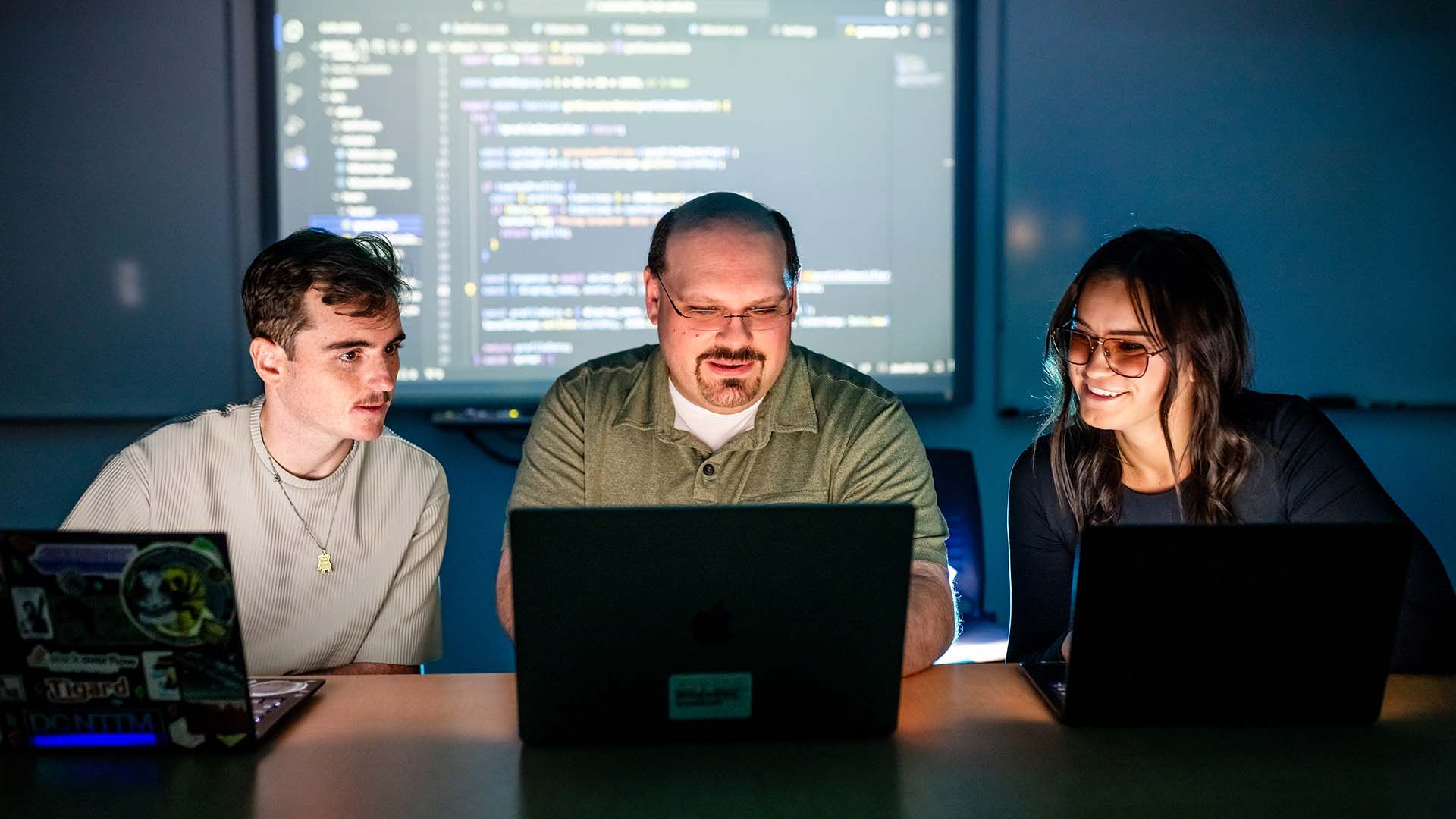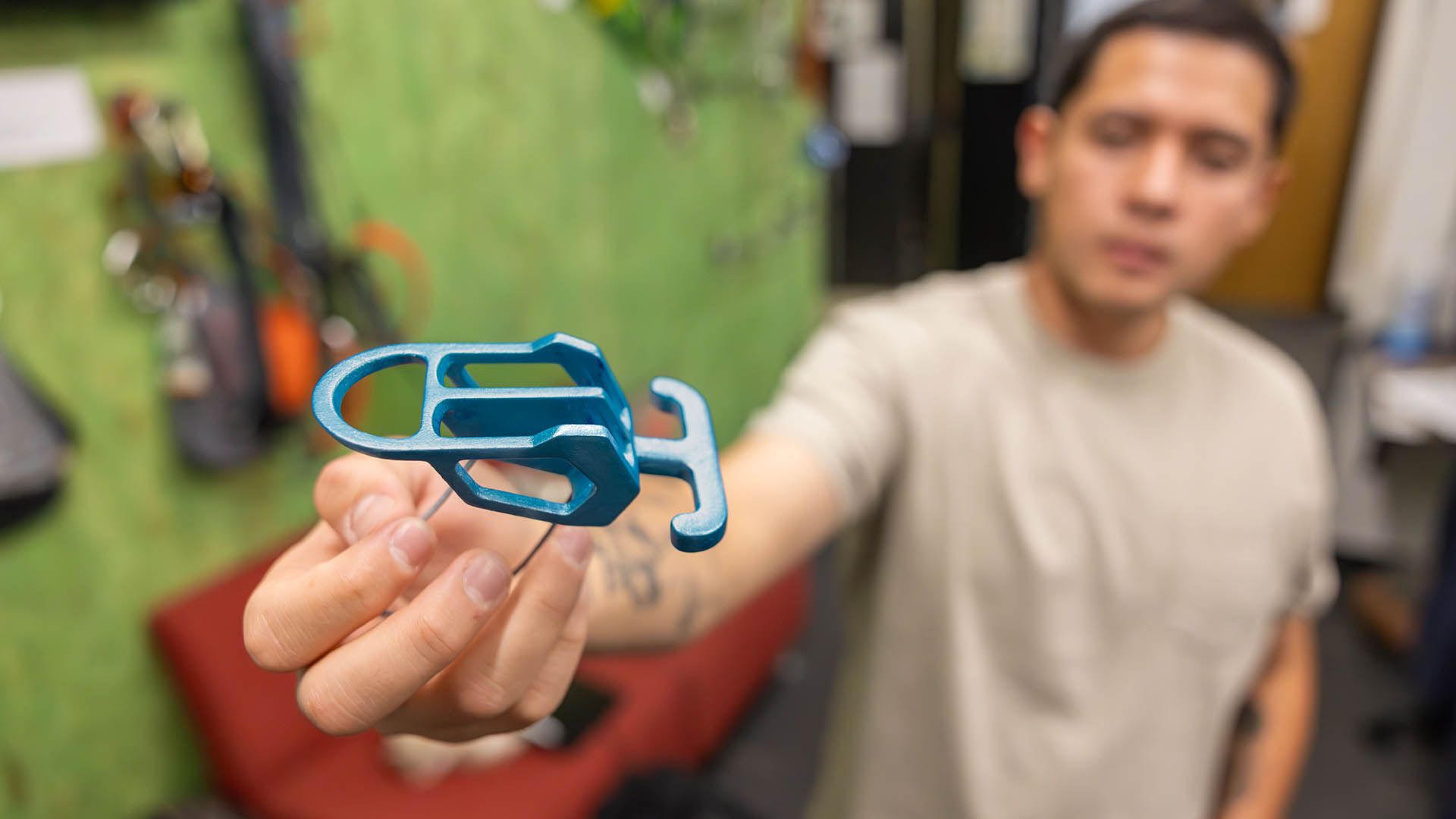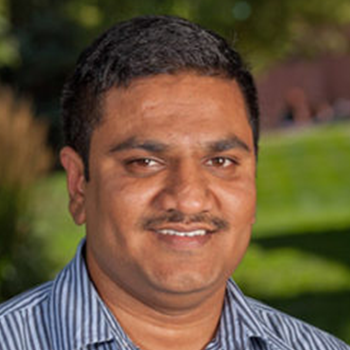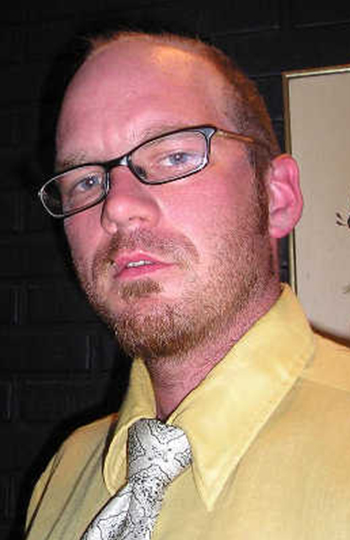Power players
Ambient Energy partners with higher education to develop a workforce that creates a regenerative and resilient world.
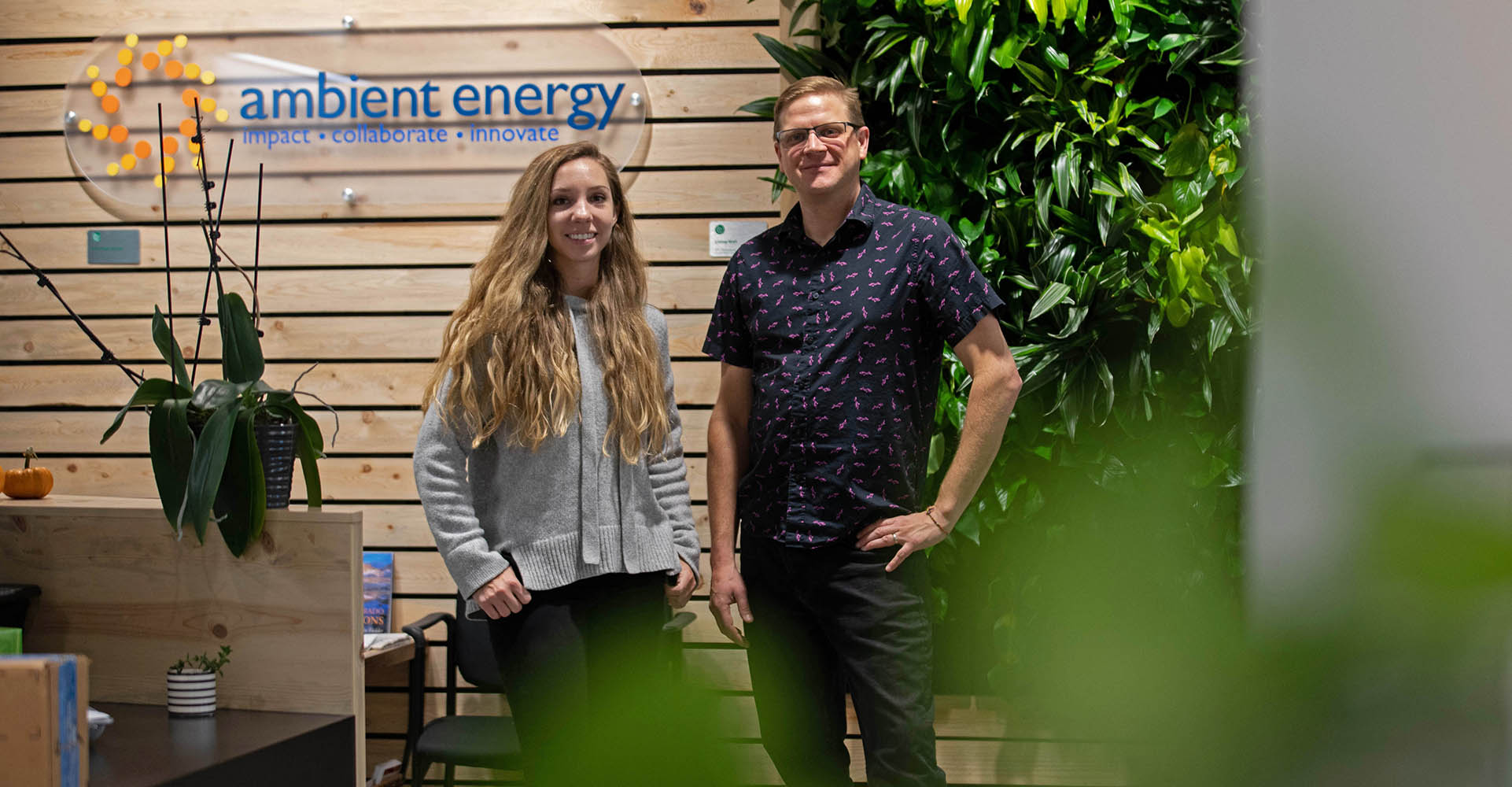
A powerhouse in sustainability, Ambient Energy has discovered a new renewable resource: Metropolitan State University of Denver.
The Denver-based consulting firm specializes in energy analysis, sustainable design and high-performance solutions for new and existing commercial buildings. And last January, it moved into the fourth floor of MSU Denver’s state-of-the-art Aerospace and Engineering Sciences Building.
As the company settles into its new Denver digs, its partnership with the University is taking off as students earn industry-relevant internships and the company’s experts teach and guest-lecture in the Department of Engineering and Engineering Technology. The department just launched new environmental engineering and sustainable systems engineering degrees.
Some 20 full-time staff members work in MSU Denver’s state-of-the-art facility, said Clayton Bartczak (pictured above, right), who leads one of three Ambient Energy teams tackling projects across the country. His sustainability team finds ways to help builders earn LEED certification for their projects — the U.S. Green Building Council’s shorthand for Leadership in Energy and Environmental Design — while the building performance team analyzes systems, such as mechanical or electrical systems, to maximize efficiency. The commissioning team reviews construction plans to figure out whether systems in the drawings, such as air-conditioning systems, are sufficient and safe and run correctly.
Founded in 2004, Ambient Energy doesn’t just specialize in sustainability solutions, it helps clients reduce their total cost of ownership by improving the economic, social and environmental performance of new and existing buildings.
“Ambient Energy’s vision is to work on resilient and regenerative buildings and to do so today, not wait until tomorrow,” president Renée Azerbegi wrote in “The State of Resilient and Regenerative Buildings 2019,” published on Ambient Energy’s webpage. “If we wait until tomorrow, until code requires it, it will be too late to reverse the impact of climate change.”
Having the innovative company on campus has proven beneficial to both students and faculty, said Mingli He, Ph.D., professor of mechanical-engineering technology in the University’s Department of Engineering and Engineering Technology.
For instance, Ambient Energy’s Steven Anticknap, another of the company’s team leaders, recently taught a course in construction safety. Meanwhile, the company’s new internship program is giving students valuable hands-on experience, He said.
And students are excelling at Ambient Energy, too, as evidenced by the fact that the company hired two of three recent interns and two more interns are on the job this fall — one each in sustainability and commissioning.
Celine Hayoz (pictured above, left) started as a sustainability intern, researching building materials that could be used on construction projects for credit toward LEED certification. It’s just one way she’s benefited from all the innovation happening in engineering. Hayoz was also the first student to earn MSU Denver’s new Bachelor of Science degree in environmental engineering.
Now a commissioning engineer for Ambient Energy, she spent last summer checking out air-conditioning systems being installed as part of a large school-renovation project.
The work is so specialized, she said, that “about 90 percent, maybe, of everything I do had to be taught and I did not learn in college.” As for the other 10%, she said her classes in thermodynamics have been critical to understanding the principles of energy transfer that govern building systems.
“You’d be surprised how many issues are found when we go through this testing,” Hayoz said.
In an elementary classroom, for example, a poorly functioning air conditioner might not only affect temperature but also air quality, to the point that children can start feeling lightheaded and sick.
“What we did in these schools is having a direct impact on those kids, and I really like thinking about that,” she said.
Ambient Energy is also working on one of the most important projects in Colorado right now, one that is quite relevant for other students studying in the University’s Aerospace and Engineering Sciences Building: the expansions to two concourses at Denver International Airport.
As part of its work, the company is consulting on the installation of rooftop photovoltaic solar panels as well as DIA’s plans to responsibly develop more commercial property over the coming years.
The company’s engineers have acquired special expertise in certain aspects of design, in particular that of transportation hubs such as airports, which are “open essentially all the time,” Bartczak explained.
“They have huge numbers of personnel and visitors,” he said. “As people are spending more and more time in airports, the airports are very interested in improving the passenger experience.”

